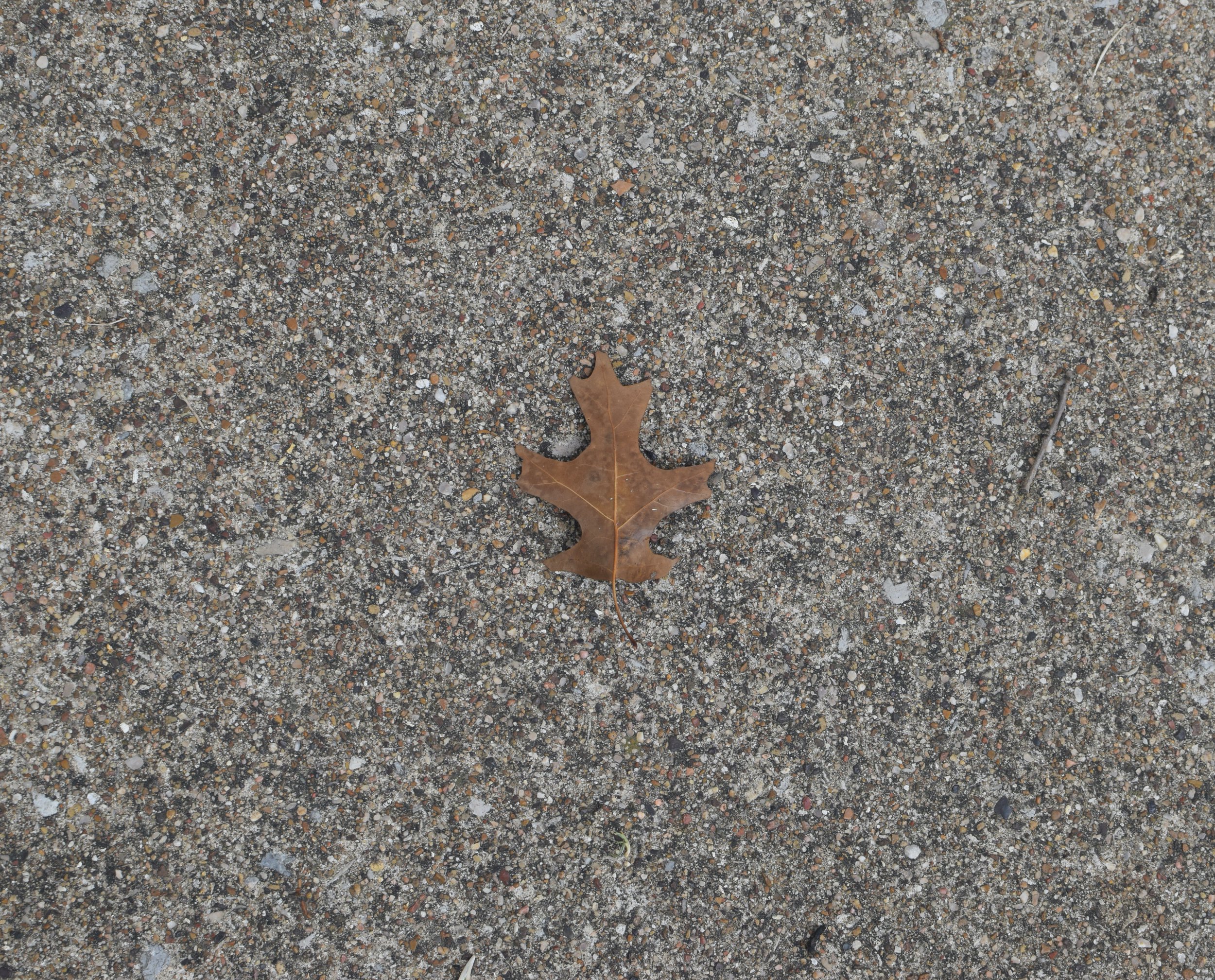It's possible that P.J. O'Rourke and I both peaked around 1978, but that is not the point. I am not here to salute everything he wrote, and he, sadly, is no longer here to say anything at all.
With a handful of articles, he was a big influence on me when I was an adolescent, possibly because he wrote like one in all the best ways.
He would have perfected this at National Lampoon, but I didn't see that work until years later. The articles of his I remember appeared in car magazines, where he mocked convention by doing thousands of dollars of damage to company-provided Jeeps in Mexican deserts with former Monkees or turning a rough-and-tumble road rally into a sedate driving tour of the Northwest. In that latter story, he was supposed to be off-roading against teams from all the other car magazines, but the worst hazard he took on were terrible wine from Washington. He made a very funny joke about that. It made my teenage self laugh-snort.
This is the kind of writer I wanted to be. I was never that writer at The Dallas Morning News, and the odds are against me becoming him at the American Heart Association, but a guy can dream.
But because I was an editor at The Dallas Morning News, I met him once. He was speaking to the editorial board. The article I wrote that captured all the details of that day existed only as a blog post, and those electrons are either obliterated or locked away on a database somewhere where they will do no further harm. I am OK with this. Not really.
Let me rephrase that: I am the only person who cares about this. Perhaps there is a 15-year-old who saw that post, which required me to travel about 57 steps from my cubicle, and said, "This is the type of thing I want to do with my life," thus completing the circle. It is unlikely. And if so – I'm sorry, kid. Truly.
But this was 2009. O'ROurke was talking about one of his political books. I didn't care about his political views, at all. I endured the meeting, which I recall as cold, serious and dull in the way that only a meeting at The Dallas Morning News could be, and accosted him as he headed for the elevator.
I had one question: In his recently released "best-of" collection, he had cut the joke about the terrible winery. I demanded to know: why?
He smiled, maybe chortled. "It turns out, the wine wasn't that bad."
I hope that wherever he is now, there is golf, good wine and minimal retribution for supporting all those Republicans.
(This New York Times review of “Driving Like Crazy” captures his essence nicely.)






